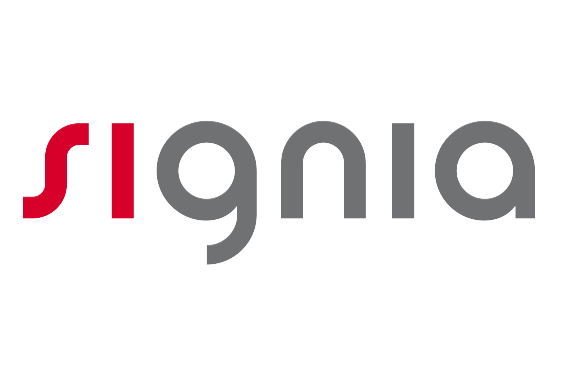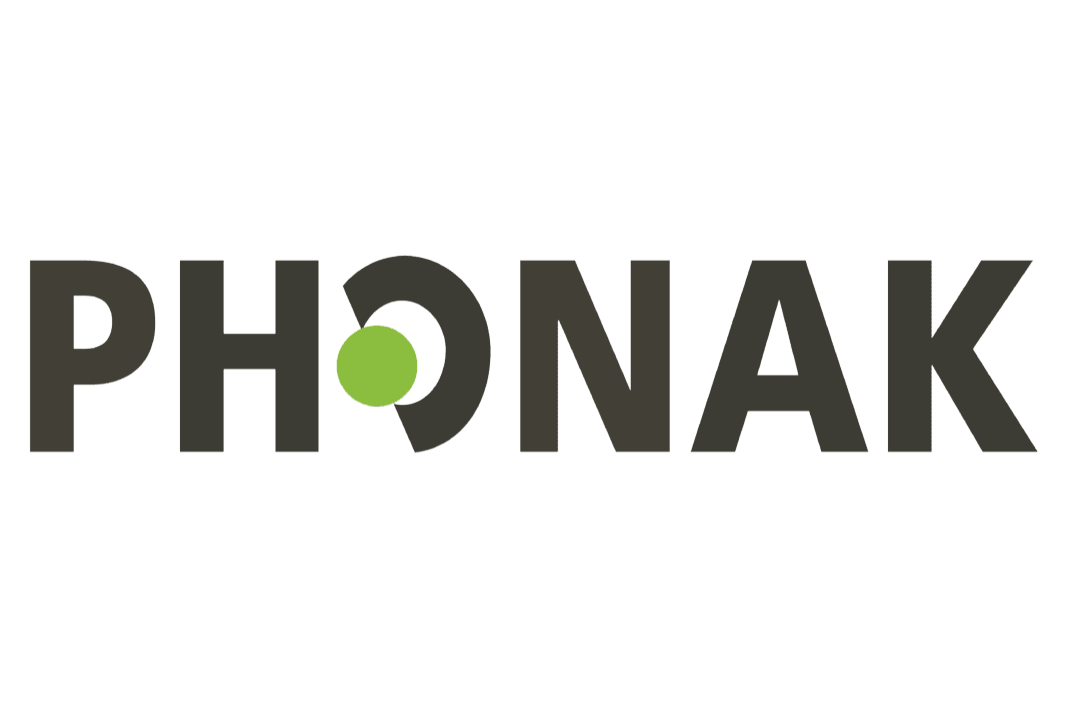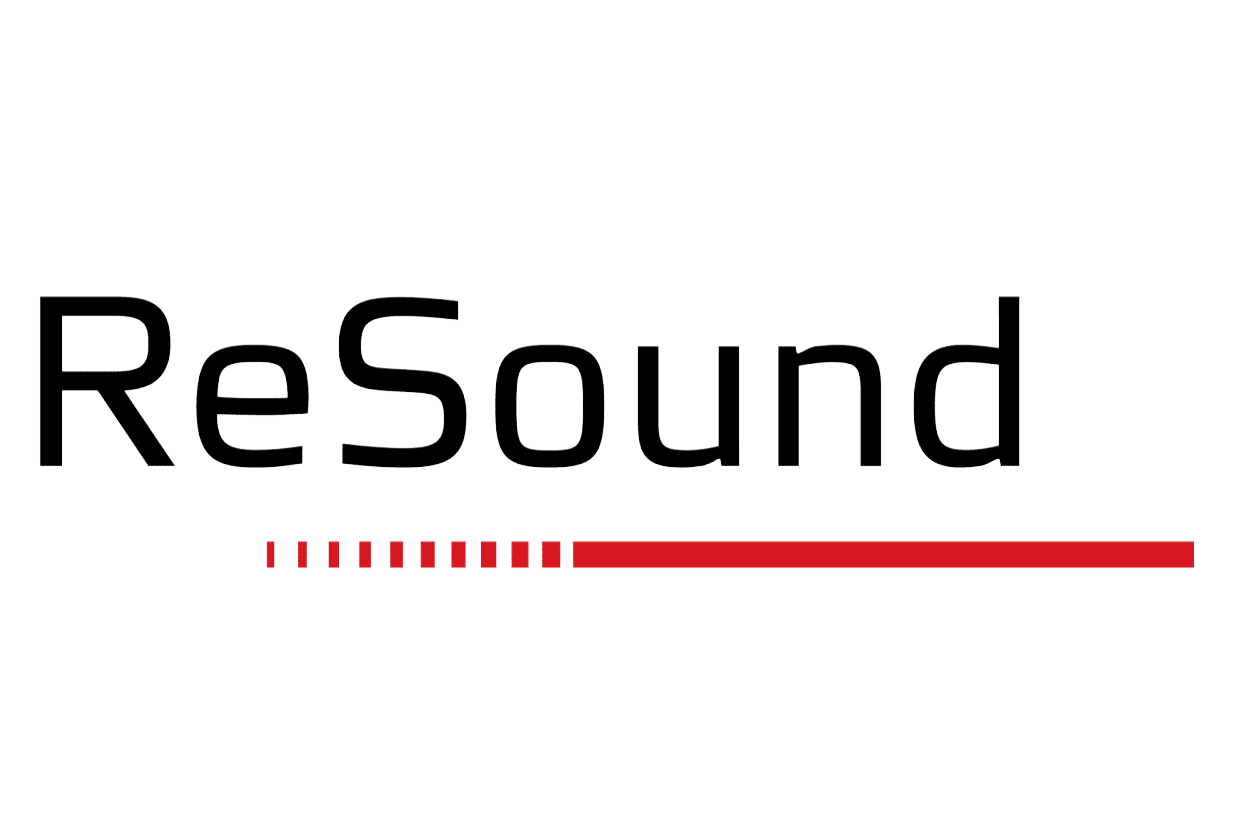(775) 825-6006
Questions to Ask During a Hearing Consultation
A hearing consultation may be an eye-opening event that can provide important information about your hearing health and the way forward. Prepare a list of specific questions to ensure that the session is as informative and valuable as possible. Consider the following important questions to assist you in gaining a deeper understanding of your hearing health, the treatment options available, and what you can anticipate from hearing aids or alternate solutions.
What Are the Results of My Hearing Test?
The audiogram, which charts your ability to hear various frequencies, can be complex. Asking your hearing health professional to explain what the results indicate about your hearing can clarify your hearing capabilities and areas that may require attention.
Knowing these details helps in formulating a treatment plan tailored to your specific needs. It also sets a baseline to monitor any changes in your hearing over time. Engaging in such detailed discussions promotes a clearer understanding of your hearing health.
What Are the Possible Causes of My Hearing Loss?
Hearing loss can stem from various causes, such as aging, noise exposure, or medical conditions. Identifying the underlying cause can significantly influence the treatment approach. Asking about the potential reasons for your hearing loss ensures you have a comprehensive understanding of your situation.
Your hearing health professional can discuss how these causes impact your hearing and what preventive measures might be necessary. Furthermore, understanding the root cause can help in addressing any concerns about the progression of hearing loss. Knowing this information can also inform lifestyle adjustments to better protect your hearing.
What Treatment Options Are Available?
Depending on the cause and severity of hearing loss, treatments can range from hearing aids and assistive listening devices to medical or surgical interventions. Asking about these options allows you to weigh the benefits and potential drawbacks of each.
In addition, understanding the different treatments available can help manage expectations regarding their effectiveness. Learning about the various approaches can help you make an informed decision that suits your lifestyle and hearing needs. It’s important to consider not just the immediate relief but the long-term benefits as well.
How Can Hearing Aids Help My Specific Hearing Loss?
Hearing aids can vary significantly in functionality and design. Asking how specific types of hearing aids can address your particular hearing loss can guide your selection. Different devices offer varying features, such as noise reduction, directional microphones, and connectivity with other devices.
When getting hearing aids, the features can be demonstrated, and relevance can be explained for easy use. Discussing these details influences the choice and customization of a device based on your unique hearing profile to enhance your listening experience in various environments and improve satisfaction.
What Is the Process for Getting and Fitting Hearing Aids?
The journey to better hearing often involves multiple steps, and inquiring about the process of obtaining and fitting hearing aids can simplify this journey. It’s important to understand how fittings, adjustments, and follow-up appointments contribute to the success of the treatment.
Your hearing health professional will provide a timeline and outline the key stages, such as initial fitting, fine-tuning, and routine check-ups. These follow-ups are critical to ensure the hearing aids function optimally and meet your hearing needs. Understanding this process can make the transition smoother and more reassuring.
Are There Any Lifestyle Adjustments I Should Consider?
Lifestyle changes can greatly protect your hearing and improve treatment results; your hearing health professionals should be able to help with this. Changes like limiting exposure to loud noise, using hearing protection, or improving communication habits can lead to real improvements in your daily life.
The professional might also recommend tools or strategies to reduce strain and make conversations easier. These proactive steps support a more holistic approach to managing hearing loss and show you’re taking control of your long-term hearing health. Start the conversation today and take the first step toward better hearing. Contact us to schedule your consultation now.
View Our Blog





